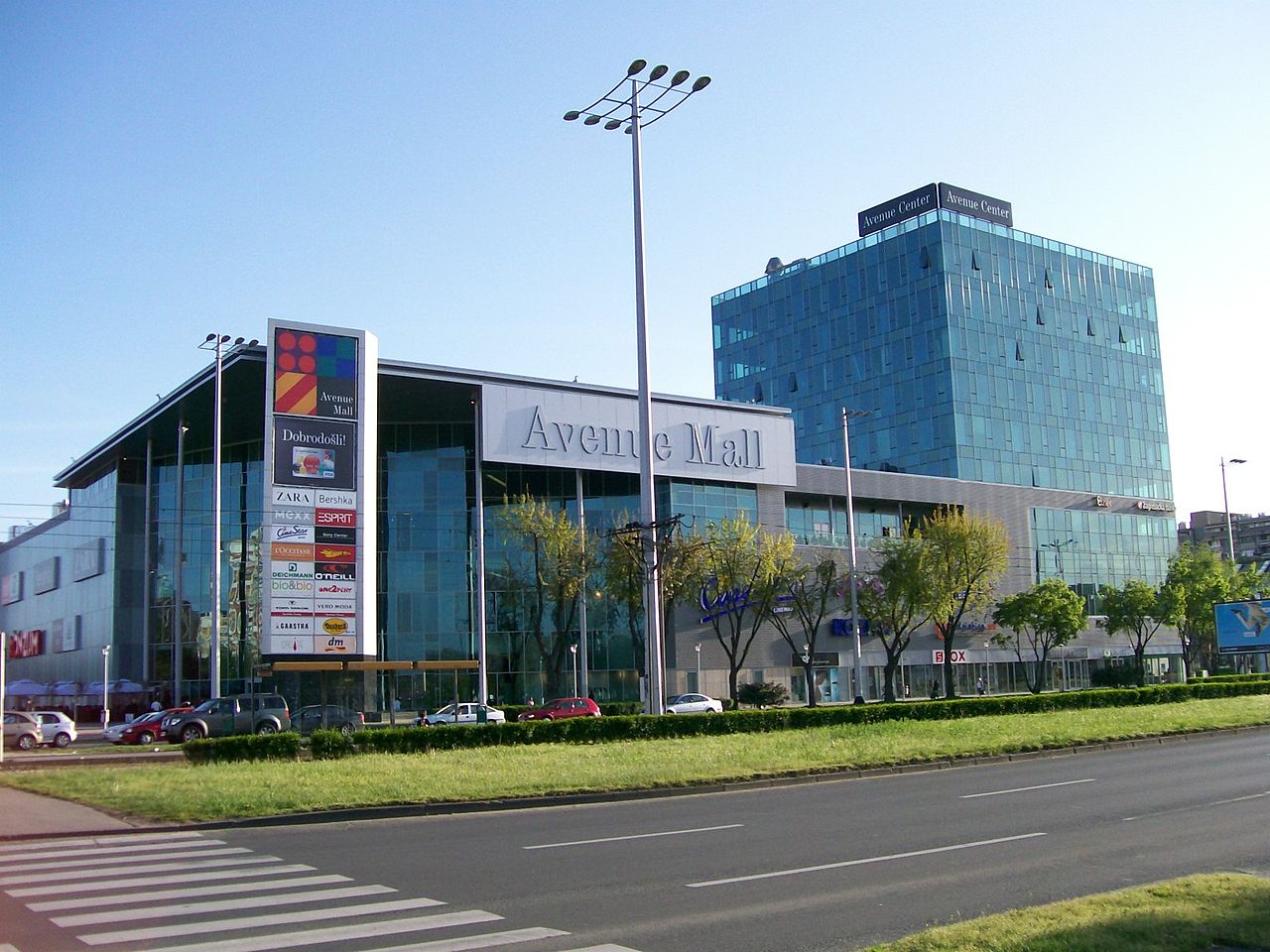No, I’m not talking about Croatian men. I’m talking about names.
Here in Croatia, we have the same problem as everyone else in the world – it looks like all the good Croatian words have already been used as names, mostly because people still like to use descriptive names and play safe. Also, our law allows us to register names only in Croatian or “dead” languages: Latin and ancient Greek.
As people today no longer use Latin or ancient Greek, if you choose that naming strategy, it’s hard to find a word for a name that sounds good, people know its meaning and it hasn’t already been taken.
Another problem with the Croatian language is that it contains letters like ?, ?, š, ž, ? or dž, that I’m sure you don’t know how to pronounce and, let’s face it, don’t look so great in a logo. Furthermore, Croatian isn’t very melodious, unlike for example Italian, and many words consist of a lot of consonants, sometimes more than two side by side.
The “easy” way out are coined words (which are more difficult for consumers to remember) or words that have the same meaning and sound the same or similar to Croatians’ favorite language when it comes to naming – English (for example, banana, hit or plan). Since it’s hard to find many such words that are appropriate for a company, product or service, there is an even simpler way out and it’s using English.
Croatians just love names in English, although they then have to register them differently. For example, most Croatian shopping malls have English names: Avenue Mall, City Center One, King Cross, West Gate, Tower Center and Joker (which, in fact, is derived from the owner’s son’s name: 2 first letters of his name and 3 first letters of his last name). Bars and clubs, gyms, hotel chains, but also brands in industries such as food and beverage or fashion have names in English.
Most Croats, at least those younger than 40, speak English and places like bars, clubs and shopping malls want to attract them, as well as foreign tourists, but is it necessary to strive for names in English in every industry in Croatia?
I love the English language, most words sound good, but it’s so exciting when you find a Croatian word that brings out the exact associations you’ve wanted it to bring out and it doesn’t sound too foreign or pretentious at the same time.
There are some small businesses brave enough to carry an unusual name in Croatian, its dialects or slang. Some of them are a brand of little sculptures used as jewelry named Jobotichi (using baby talk meaning little robots), Goli i Bosi design hotel (meaning naked and barefoot) or Stina, a brand of wine from the island of Bra?, famous for its stone (stina means stone in dialect). I hope the Croatian business people will come to the conclusion they need experts when it comes to naming, possibly driven by their competition use of innovative and interesting names. I also hope they will stop being afraid of fun names, making my job more fun to do. Virgin or Innocent, to name a few, have succeeded without a boring and safe descriptive name. Maybe even because their name was fun and unusual.
I hope the next time I write about naming in Croatia, it will be about the Croatian naming revolution, because I believe all the good Croatian names are still not taken.
By:Maja Ben?i?
Consultant/Copywriter at Vokado
